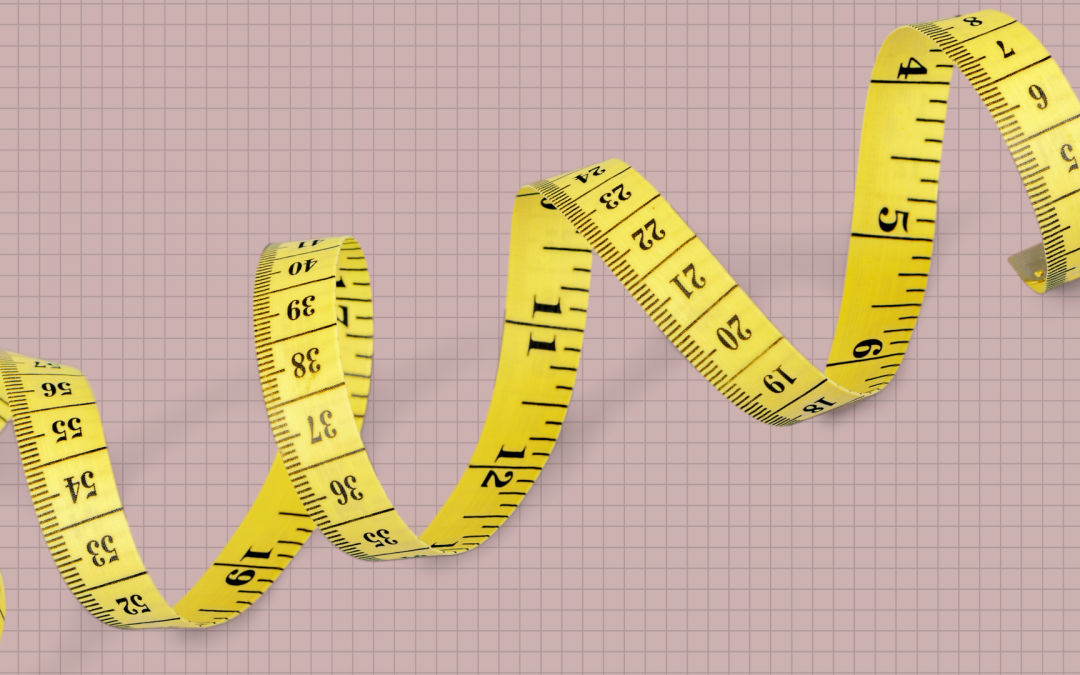Some people call them marginal gains. The Japanese use ‘kaizen’. So, how can you make sure your working routine is the most efficient it can be?
When I step into the hotseat of a new media operation, I want to change everything. Course I do. The promise of turning things around and making them better was why I was given the job in the first place.
No-one brings in a new editor to keep things exactly the way they are. Well, they might, but I wouldn’t be their first choice. I was and I remained a renowned tinkerer.
Impatient as I was to press my fingers deep into the fertile soil and start mixing things up, I knew I would have to take my time to assess new people and unfamiliar processes. See what was going on.
The time between the moment I arrived and the moment I started making proper strategic and pro-active differences wasn’t wasted though. There was a time where I could signal my intent and make changes without revealing my hand.
I called this phase the SSS phase.
Stop the stupid stuff.
It’s amazing how much progress you can make just by stop doing the stupid stuff. How many processes are set up not because they are efficient or logical but because “we’ve always done it this way”.

So, in one of my newspapers, we might have the editorial assistant checking the crossword. This was not because they were adept at the task but because their predecessor was. He was a keen crossword aficionado, took on the work and then retired. The new editorial assistant inherited the task because “it’s always been that way”.
Wrong.
Always be questioning routines
It hasn’t always been that way. Someone set it up. And even if it has been going a long while, why continue? Challenge and question everything. Disrupt. Pick apart habits to see if they have any logical use any more. Stop doing things that have outlived their purpose. A lot of great processes are productive at first but the law of diminishing returns takes its toll. Things become tired, familiarity breeds contempt.
Pull everything apart and tease out a win.
Use the advantage of a fresh pair of eyes to ask, why, why, why?
Maybe you write in the morning because that’s what you heard many famous authors do. But you may not be an early bird. Try writing at night for a week and month (so you get over the awkwardness of difference) and find out if you’re more productive or happier.
Take a moment to reflect on the minutiae of how you do things and question whether they can be done differently or better.
Find marginal gains in the smallest places
I never thought my Stop the Stupid Stuff technique was unique or insightful. But, also, I never thought it was part of management lore either. I never knew it had a name beyond the one I gave it.
Then I discovered the story of Sir Dave Brailsford, the team management guru who turned the little-known UK cycling team into a medal winning machine.
When Sir Dave became head of British Cycling in 2002, the team had only won a single gold medal in its 76-year history. Six years later, at the 2008 Beijing Olympics, his squad won seven out of 10 gold medals available in track cycling. His team became household names when they matched the record at the London Olympics. Then the Brits started dominating the Tour de France too.
His secret?
Marginal gains.
Another name for this is Kaizen, the Japanese word for “improvement”.
This definition of Kaizen is from TechTarget:
“Kaizen is an approach to creating continuous improvement based on the idea that small, ongoing positive changes can reap significant improvements. Typically, it is based on cooperation and commitment and stands in contrast to approaches that use radical or top-down changes to achieve transformation.”
Marginal gains and kaizen are slightly different from my SSS, but they share the same philosophy. Break down everything you’re doing and improve each element. Add all those tiny one per cent improvements together and you end up with a huge increase in aggregate performance.
Focus on progression, not perfection
Once you’ve embedded these baseline improvements, you have a strong platform on which you build your mega-strategy.
Sir Dave told Harvard Business Review, “It struck me that we should think small, not big, and adopt a philosophy of continuous improvement through the aggregation of marginal gains. Forget about perfection: focus on progression and compound the improvements.”
One of these improvements was a juicy think-outside-the-box moment. The team discovered that a bike’s performance could be hampered by dust in the moving parts. The dust had risen from the floor of the team truck, where maintenance was taking place.
So, they painted the floor white. That way, they could better see the dust and keep the place clean.
Like a magic trick, once you know how it’s done, it seems so obvious.
There were other improvements too.
He said, “We brought our own mattresses and pillows so our athletes could sleep in the same posture every night. We searched for small improvements everywhere and found countless opportunities. Taken together, we felt they gave us a competitive advantage.”
Marginal gains aren’t as sexy as a huge rebrand or monster rethink. But they are often the most easily attainable. You just have to take a moment to think beyond the routine. To think about the routine.
Curiosity and persistence are vital
I was taken by a comment from Martha Lane Fox, serial entrepreneur, and co-founder of lastminute.com and Lucky Voice.
Writing in The Sunday Times, she said there were two key qualities of an entrepreneur: the first was curiosity and the second was persistence.
“Persistence is different to tenacity and to hard work. Persistence means you just plug away at something that might even be boring but is important. All of us have tedious parts of our work, but an ability to keep going is surprisingly rare.”

Both curiosity and persistence come as standard in writers, particularly those with a journalistic background. They are also perquisites for marginal gain. A deep curiosity about why you do things, how they work, the mechanics and thought processes of your actions – these lead to a thorough inquiry into how your work can be done better.
Reminds me of the phrase (derived from Abraham Lincoln), “I’m too busy chopping wood to sharpen my axe.”
Take a moment out of your routine to sharpen your axe. See the difference it makes.


